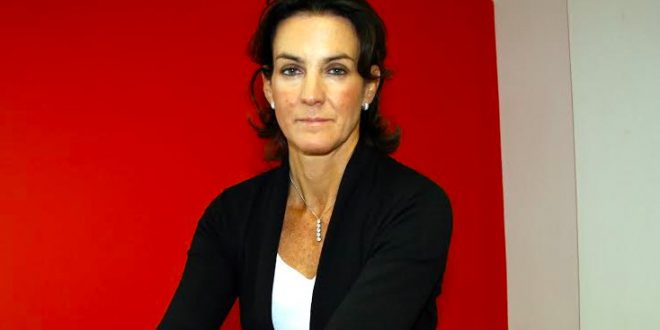GambleAware launches Lived Experience Council

The gambling industry-backed charity has created a group formed by people with firsthand experience.
UK.- The responsible gambling charity GambleAware has launched its ‘Lived Experience Council’ (LEC). The group comprises people who have suffered gambling harms and will give ‘first-hand advice’ on the charity’s programmes and objectives.
Ben Howard has been elected as the LEC’s first chairman. Howard is a peer-support volunteer for addiction recovery and is studying to become a qualified counsellor. He is undertaking research on gambling stigmas and focus groups for training in the workplace and in the LGBT community.
Howard will lead the LEC for two years. The rest of the 10-member council includes people with lived experience of gambling harms, including people affected by others’ gambling.
The creation of the council was a directive in GambleAware’s Organisational Strategy 2021-2026. It aims to provide the charity’s teams with insights on the lived experience of gambling harms.
GambleAware said: “The Lived Experience Council builds on our commitment to ensuring its approach is collaborative and best placed to support the communities most in need.”
GambleAware chief executive Zoë Osmond (pictured above) said: “Our new Council is further evidence of our proud commitment to engage with the gambling harms community. With the imminent publication of the White Paper and subsequent regulatory reform, this is a crucial time for GambleAware’s strategic development.’
“My heartfelt thanks to our new Council members, and we look forward to working with you all on our mission to prevent and tackle gambling harms.”
Last month, GambleAware reported positive feedback on the UK’s National Gambling Treatment Service (NGTS). It found that the majority of people significantly improved their well-being and reduced their gambling behaviour after six appointments with the service.
The study analysed 14,500 qualifying referrals and 95,000 attended appointments. It found that 77 per cent of problem gamblers who completed treatment showed significant clinical improvement, while 56 per cent showed improvement in their well-being.
Meanwhile, a Bournemouth University study commissioned by GambleAware has flagged up “poor and inconsistent” signposting of safer gambling information in online gaming. The study concludes that operators should provide more transparent information and promotional materials to help reduce gambling harm.










